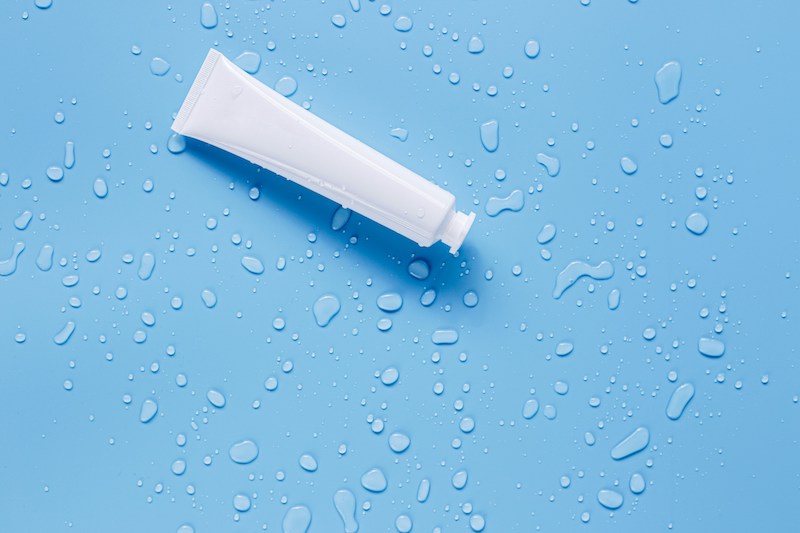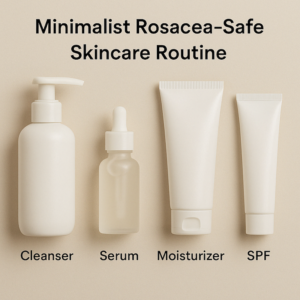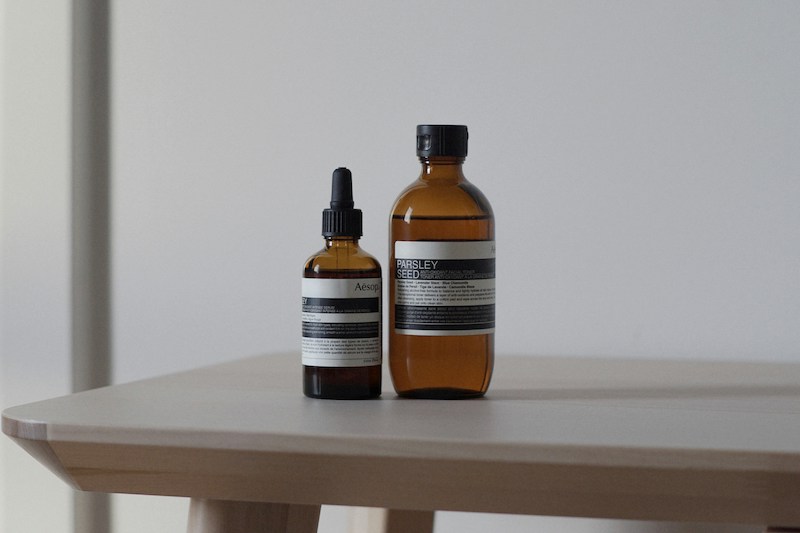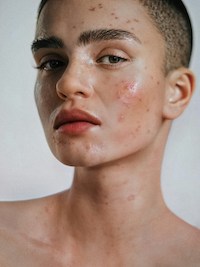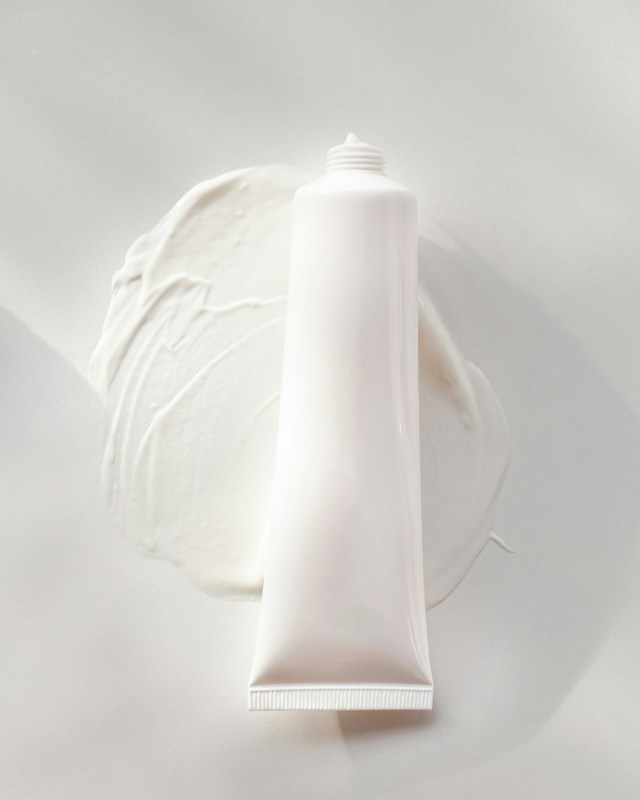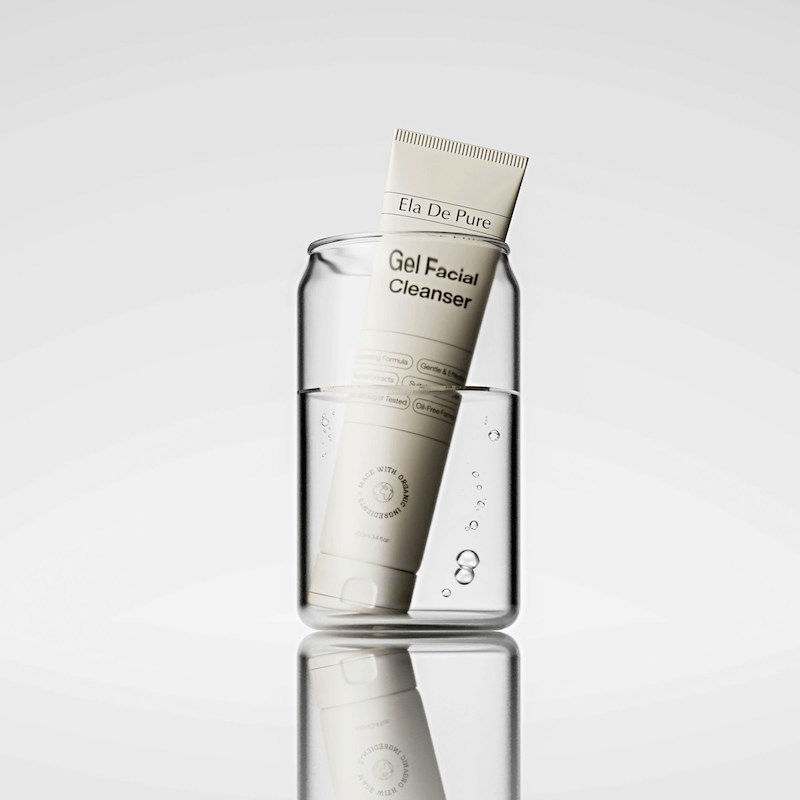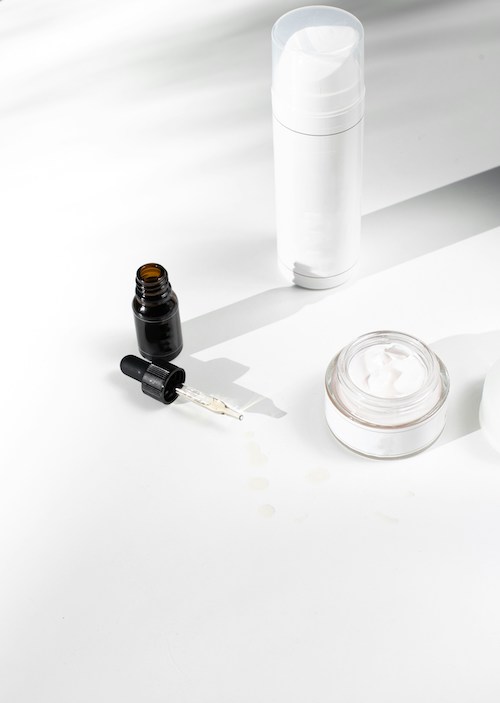Rosacea is a chronic skin condition that affects over 16 million people in the United States alone—and many more worldwide. Characterized by facial redness, sensitivity, and flare-ups, it can feel like an ongoing battle to keep your skin calm. One of the most crucial—and often overlooked—steps in managing rosacea is choosing the right moisturizer. That’s why in today’s blog post we will talk about the best moisturizer for Rosacea.
If you’re dealing with burning, stinging, dryness, or tightness, your skin barrier is likely compromised. And while moisturizers can’t cure rosacea, the right one can dramatically reduce redness, strengthen your skin’s natural defenses, and prevent flare-ups. But with hundreds of products claiming to be “gentle” or “soothing,” how do you know which ones are actually safe and effective?
This guide breaks down what ingredients to look for, which to avoid, and features moisturizers specifically formulated for rosacea-prone skin.
What Is Rosacea?
Rosacea is a chronic inflammatory skin condition that primarily affects the face—especially the cheeks, nose, chin, and forehead. It’s more common than many realize, and often mistaken for acne or “just sensitive skin.” While it’s not dangerous, it can significantly impact your confidence and comfort.
The Four Types of Rosacea:
-
Erythematotelangiectatic Rosacea (ETR): Persistent redness and visible blood vessels
-
Papulopustular Rosacea: Red bumps and acne-like breakouts
-
Phymatous Rosacea: Thickened, bumpy skin (often around the nose)
-
Ocular Rosacea: Affects the eyes—dryness, irritation, and redness
Why moisturizing matters:
Rosacea-prone skin often has a damaged moisture barrier. This leads to increased sensitivity, dryness, and flare-ups triggered by everyday skincare products. A well-formulated moisturizer helps restore that barrier, reduce redness, and make the skin more resilient.
Want to know how to repair your skin barrier? Read:
Pro tip: Rosacea doesn’t look the same on everyone. It may come and go in waves—known as flare-ups—triggered by weather, diet, stress, or harsh skincare.
Build a skincare routine that works for your skin type:
The Ultimate Guide to Building Your Personalized Skincare Routine
What to Look For in a Moisturizer for Rosacea
When it comes to rosacea, not all moisturizers are created equal. In fact, the wrong formula can make your skin burn, sting, or flare up within minutes. That’s why choosing the right ingredients is essential for soothing inflammation and rebuilding your skin barrier.
Key Ingredients to Look For:
Ceramides
These are natural lipids that help restore and maintain the skin’s protective barrier. They lock in moisture and protect against environmental triggers.
Also covered in: The Ultimate Guide to Skin Barrier Repair
Hyaluronic Acid
A hydration hero, hyaluronic acid helps pull water into the skin without clogging pores. It’s lightweight and ideal for all skin types.
Niacinamide (Vitamin B3)
Known for reducing redness and inflammation, niacinamide supports the skin barrier and helps calm flare-ups. Bonus: it’s gentle enough for sensitive skin.
Glycerin
A classic humectant that hydrates without irritation, perfect for rosacea-prone skin.
Soothing Botanicals (only if fragrance-free and non-sensitizing)
Colloidal oatmeal
Panthenol (Pro-Vitamin B5)
Centella asiatica
Green tea extract
Sun Protection
Rosacea skin is highly reactive to UV light. Look for moisturizers with SPF 30 or higher to protect against flare-ups.
Explore top SPF options here: Top 10 Sunscreens for 2025: The Best SPF Picks
What to Avoid in Moisturizers for Rosacea
Just as important as the right ingredients are the ones you should never put on rosacea-prone skin. Many products marketed as “hydrating” or “natural” can actually irritate the skin and trigger flare-ups.
Common Irritants to Avoid:
Fragrance (Synthetic or Natural)
Fragrance is one of the most common causes of irritation—even so-called “natural” essential oils like lavender, citrus, and peppermint can cause redness and stinging.
Alcohols (Especially Denatured Alcohol)
Often used for a lightweight finish, drying alcohols can strip the skin barrier and worsen inflammation. Look for alcohol-free labels.
Menthol, Eucalyptus, Camphor, and Peppermint Oil
These ingredients feel “cooling,” but they can provoke a burning sensation and lead to visible irritation in rosacea.
Abrasive or Active Ingredients
Avoid exfoliants like:
AHAs (glycolic acid, lactic acid)
BHAs (salicylic acid)
Retinoids (unless prescribed)
These can increase sensitivity unless recommended by a dermatologist.
Heavy Occlusives (if acne-prone rosacea subtype)
Thick, greasy products like mineral oil or lanolin may be too rich for skin prone to papules or pustules.
If your moisturizer stings, burns, or leaves your skin redder—stop using it immediately and patch test new products before applying to your full face.
Best Moisturizers for Rosacea in 2025 (Dermatologist-Approved Picks)
Finding the right moisturizer for rosacea can feel overwhelming—but dermatologists agree that gentle, barrier-repairing hydration is key. Below are moisturizers that are ideal for different rosacea types and budgets.
Tip: Always patch test before applying new products to your full face.
1. CeraVe Moisturizing Cream
Best for: Extremely dry or sensitive skin
Contains ceramides, hyaluronic acid, and glycerin
Fragrance-free, non-comedogenic, developed with dermatologists
Rich but non-greasy; ideal for compromised skin barrier
Use: Day or night
2. La Roche-Posay Toleriane Sensitive Fluide
Best for: Normal to combination rosacea skin
Ultra-lightweight but deeply hydrating
Contains prebiotic thermal water, niacinamide, and glycerin
Fast-absorbing; won’t clog pores or leave residue
Use: Daytime under SPF or as a soothing night cream
3. Avene Tolerance Control Soothing Skin Recovery Balm
Best for: Active flare-ups and extreme sensitivity
Sterile formula with no preservatives or fragrance
Contains D-Sensinose to calm skin in 30 seconds
Dermatologist-favorite for post-laser, irritated, or inflamed skin
Use: Nighttime or during flare-ups
4. Paula’s Choice Calm Repairing Moisturizer
Best for: Redness-prone skin needing anti-aging benefits
Contains antioxidants, licorice root, oat extract, and glycerin
Available in normal/dry and normal/oily versions
Lightweight formula reduces redness over time
Use: Daily or overnight
5. Bioderma Sensibio AR Cream
Best for: Redness and flushing
Formulated specifically for rosacea
Patented Rosactiv™ complex reduces visible redness
Non-greasy and gentle enough for daily use
Use: Morning or evening
6. Eucerin Redness Relief Night Creme
Best for: Budget-friendly option
Contains licochalcone A, a calming licorice extract
Non-irritating, fragrance- and alcohol-free
Best used at night to reduce morning redness
Use: Nighttime only
Good for: beginners or teens with rosacea symptoms
7. A-Derma Dermalibour+ Repairing Cream
Best for: Cracked, dry, inflamed patches
Heavier formula with copper-zinc complex and oat extract
Fragrance-free, ideal for acute inflammation
Great for cold weather, windburn, or after treatments
Use: Spot treatment or all-over for dry skin types
8. SkinCeuticals Phyto Corrective Gel
Best for: Oily, acne-prone rosacea
Gel texture with botanicals (cucumber, thyme, mulberry)
Contains hyaluronic acid and anti-inflammatory ingredients
Calms redness instantly and layers well under SPF
Use: Morning or pre-makeup prep
How to Use Moisturizer in a Rosacea-Friendly Skincare Routine
Moisturizer is essential—but how you use it matters just as much as what you use. Rosacea-prone skin needs a minimalist, barrier-supporting approach to stay calm and hydrated.
Your Rosacea-Safe Skincare Routine:
Morning Routine:
Gentle Cleanser – Use a non-foaming, pH-balanced cleanser
See our picks: Best Cleansers for Sensitive Skin
Optional: Hydrating toner or thermal water mist (no alcohol!)
Targeted serum – e.g., niacinamide, azelaic acid, or calming peptides
Moisturizer – Apply while skin is still slightly damp
Broad-spectrum SPF 30+ – Essential, even on cloudy days
Evening Routine:
Gentle cleanser
Moisturizer – Use a thicker or more barrier-repairing option
Optional: Anti-inflammatory serum (avoid actives during flare-ups)
Application Tips:
Less is more: Stick to a max of 3–4 products per routine
Pat, don’t rub: Always pat products in gently
Avoid hot water: It can worsen redness and dehydration
Patch test everything: Especially if you’re trying a new moisturizer
FAQs About Moisturizers for Rosacea
Rosacea can feel confusing—especially when it comes to product choices. Here are answers to the most common questions about moisturizers and rosacea:
Can I use oil-based moisturizers if I have rosacea?
It depends on the oil and your rosacea subtype. Lightweight oils like squalane or jojoba can be soothing for dry skin. However, thicker or comedogenic oils (like coconut oil or lanolin) may clog pores or trigger flare-ups—especially if you have papulopustular rosacea (the acne-like kind).
Should I moisturize during a flare-up?
Yes, absolutely. Keeping your skin hydrated during a flare-up is crucial. Use a minimalist, fragrance-free moisturizer with calming ingredients like panthenol or colloidal oatmeal. Avoid active ingredients until your skin calms down.
Recommended during flare-ups: Avene Tolerance Control Balm
Can a moisturizer alone treat rosacea?
Moisturizer can’t cure rosacea, but it’s a foundational part of managing the condition. It helps support your skin barrier, reduce inflammation, and prevent triggers. For moderate to severe cases, you’ll likely need additional treatments from a dermatologist.
Final Thoughts: Finding the Best Moisturizer for Rosacea
Managing rosacea takes patience, consistency, and the right skincare. The best moisturizer for rosacea isn’t about fancy packaging or trendy ingredients—it’s about calming your skin, repairing your barrier, and avoiding irritation.
Here’s what to remember:
-
Choose moisturizers that are fragrance-free, gentle, and full of barrier-repairing ingredients like ceramides, glycerin, and niacinamide.
-
Avoid harsh actives, alcohol, essential oils, and over-complicated routines.
-
Always pair your moisturizer with daily sun protection.
Let’s Keep Your Skin Calm—Together
If you found this post helpful:
-
Leave a comment below: What moisturizer has worked best for your rosacea?
-
Subscribe to my newsletter for a complete free skincare guide on how to use ingredients correctly, dermatologist insights, and product reviews straight to your inbox.
Your Skincare. Simply Done.

